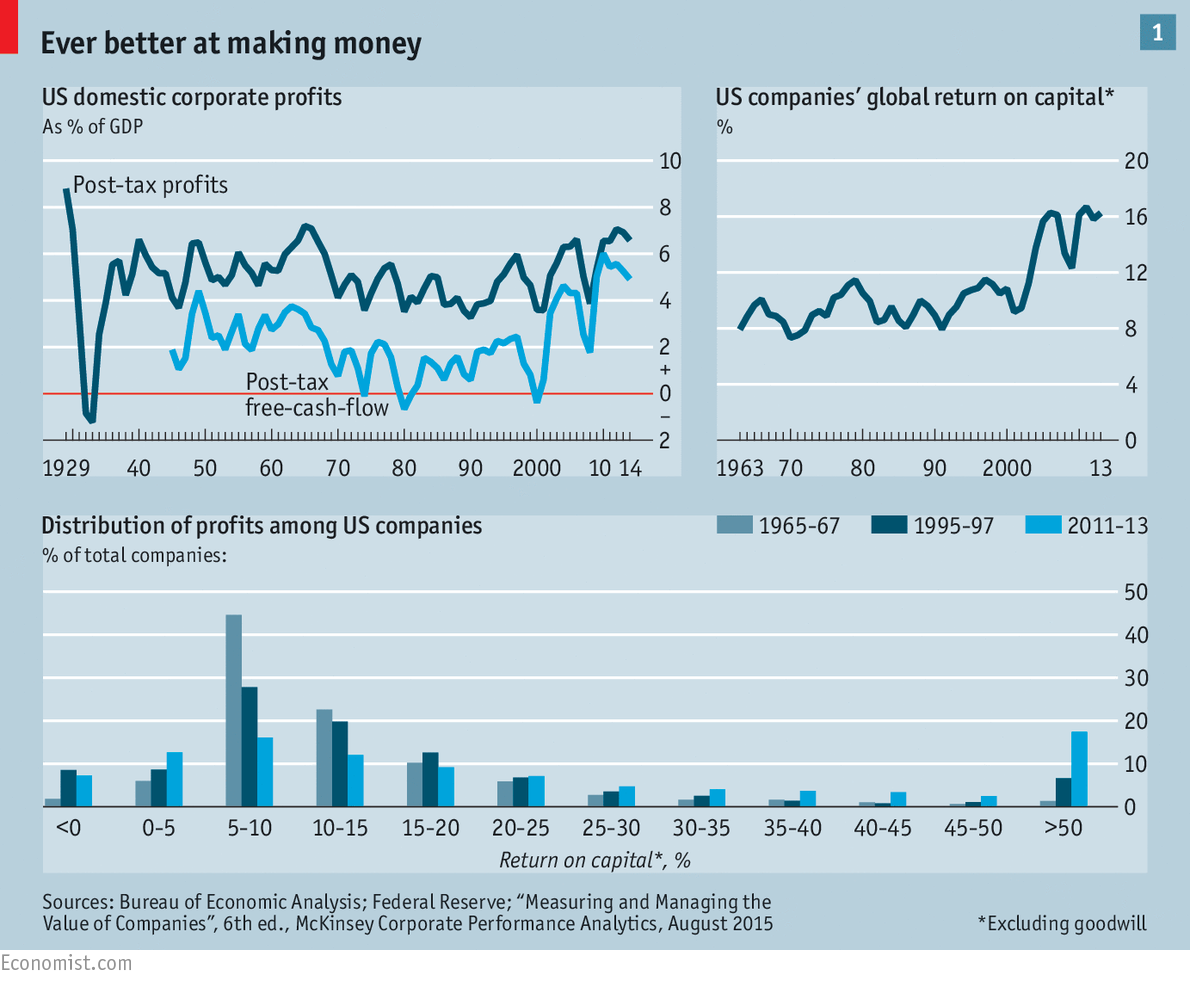hobbsyoyo
Deity
- Joined
- Jul 13, 2012
- Messages
- 26,575
holy crap North Dakota. Sweet sweet oil?
Yes although with the slump in oil prices, ND is going to be one of the worst performing states on this measure for the next year or two.
holy crap North Dakota. Sweet sweet oil?
I am a terrific fan of the Big Mac index. It's a little hard to completely standardize, but as an estimate it's sooooo good as an indicator of the society's relative wealth.


I keep reading such polarized views of American vets - some statistics seem to imply that they have it too good ^^, due to the socialist system set up to look after vets or whatever, but a lot of people also seem to think that vets in the U.S. get the shaft, there's housing issues, suicide, etc.
Is it mainly a matter of "Stay in the system long enough and you'll get to ride with us on the gravy train and get free handouts for life, but otherwise, FO?" Or what are the issues exactly?




Whaddya bet those rising costs are all the people who're suffering from the diseases of old age, and all the cheap people at the end there are people who didn't go through those diseases, or benefited from efficacious treatments?

